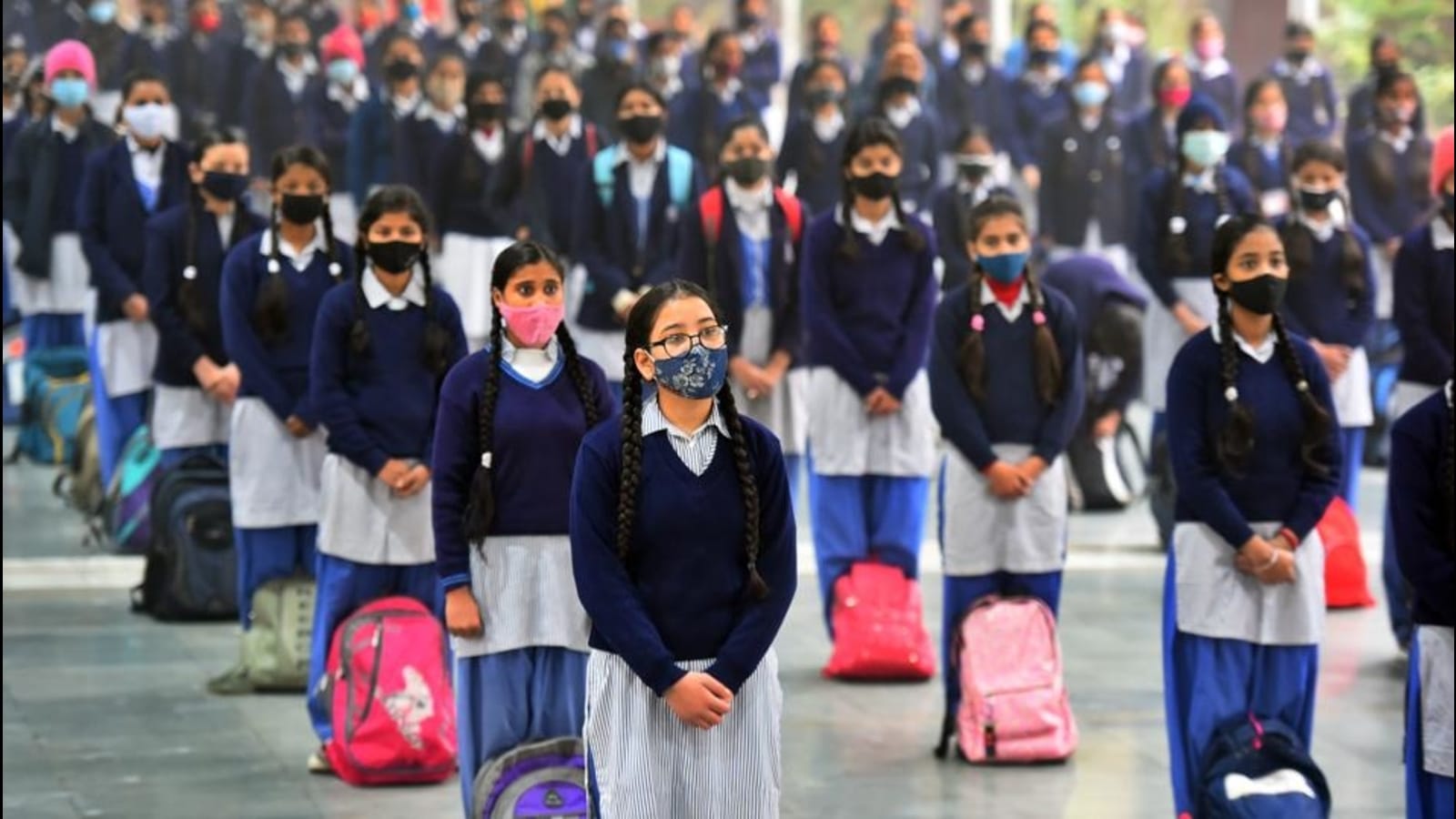The recently published All India Survey on Higher Education 2020-21 revealed some concerning patterns. While many communities’ enrolment in higher education has increased, the enrollment of Muslim students has decreased dramatically. The report paints a bleak image of the Muslim community’s marginalisation in higher education, which the government must address.

Findings of the survey
Enrollment overview:
- Compared to 2019-20, the enrollment of Dalits, Adivasis, and OBCs in higher education increased by 4.2%, 11.9%, and 4%, respectively.
- After dropping with the introduction of Mandal II in the late 2000s, the higher castes experienced the greatest growth rate of 13.6%.
Muslim student enrollment:
- Muslim student enrollment fell by 8% from 2019-20 to 1,79,147 students. This amount of absolute decline has never occurred for any group in recent memory.
- UP is responsible for 36% of the overall fall in Muslim enrollment, followed by Jammu and Kashmir (26%), Maharashtra (8.5%), Tamil Nadu (8.1%), Gujarat (6.1%), Bihar (5.7%), and Karnataka (3.7%).
- Muslims account for approximately 4.6% of total enrollment in higher education while constituting approximately 15% of society.
- Except in Tamil Nadu, Telangana, and Delhi, Muslims performed no better than Dalits in key states in 2020-21. Kerala has the highest percentage of Muslim youth (43%) enrolled in higher education.
Factors Contributing to Muslim Student Enrollment Decline
- a scarcity of job opportunities: Because Muslim students suffer a high unemployment rate, they may not regard higher education as a means to a good job.
- Discrimination: Muslim jobseekers face discrimination in the employment market. According to studies, Muslim candidates are less likely to be invited to employment interviews than Brahmin or Dalit prospects.
- Economic considerations: Muslim students may lack the financial resources to pursue higher education and may be forced to work to support themselves and their family. This may result in a high dropout rate.
- Violence and ghettoization: Violence against Muslims has escalated, causing fear and insecurity and limiting their movement. As a result, there has been a trend towards ghettoization.
- Discriminatory policies: Some state governments have discontinued financial aid to Muslim students pursuing higher education. This has made it more difficult for them to pursue further education.
Everything you need to know about the Sachar Committee report from 2006
- The Indian government commissioned the Sachar Committee in response to concerns about the social and economic situation of Muslims in India.
- The committee polled Muslims on a variety of issues, including education, employment, and access to social services.
- According to the report, Muslims in India suffer disproportionately from poverty, illiteracy, and a lack of access to essential services such as healthcare and sanitation.
- The report highlighted the need for affirmative action policies to address the marginalization of Muslims, such as reservations in education and employment.
- The report also advocated for the formation of an Equal Opportunities Commission to combat prejudice against Muslims and other minority groups in India.
- The Sachar Committee Report triggered a national debate in India regarding the social and economic position of Muslims, as well as heightened focus on the subject of affirmative action for marginalised minorities.
Recommendations for policy to address low Muslim student enrollment
- Implement anti-discrimination policies: To boost Muslims’ access to higher education, the government should establish measures like as sub-quotas within the OBC quota.
- Scholarships and fellowships: To assist minority students in overcoming economic barriers, the government should provide more financial support in the form of scholarships and fellowships.
- Address workplace discrimination: The government may seek to provide job possibilities for Muslims and address job discrimination to help enhance their economic prospects.
- Promote greater social and economic equality for Muslims in India: The overarching goal should be to promote better social and economic equality for Muslims in India, which might include a variety of policies and initiatives focusing on education, employment, and other areas.
@the end
The All-India Survey on Higher Education underlines the Muslim community’s increasing marginalisation in higher education and the necessity for the government to take steps to rectify the situation. Positive discrimination in favour of Muslims, as advocated by the Sachar Committee Report, is critical to ensuring fair access to higher education for all communities. Without such efforts, India will be unable to reach its full potential and contribute to society’s peaceful growth.
Source: https://indianexpress.com/article/education/enrolment-of-muslim-students-for-higher-education-dips-to-4-6-aishe-2020-21-8413124/
